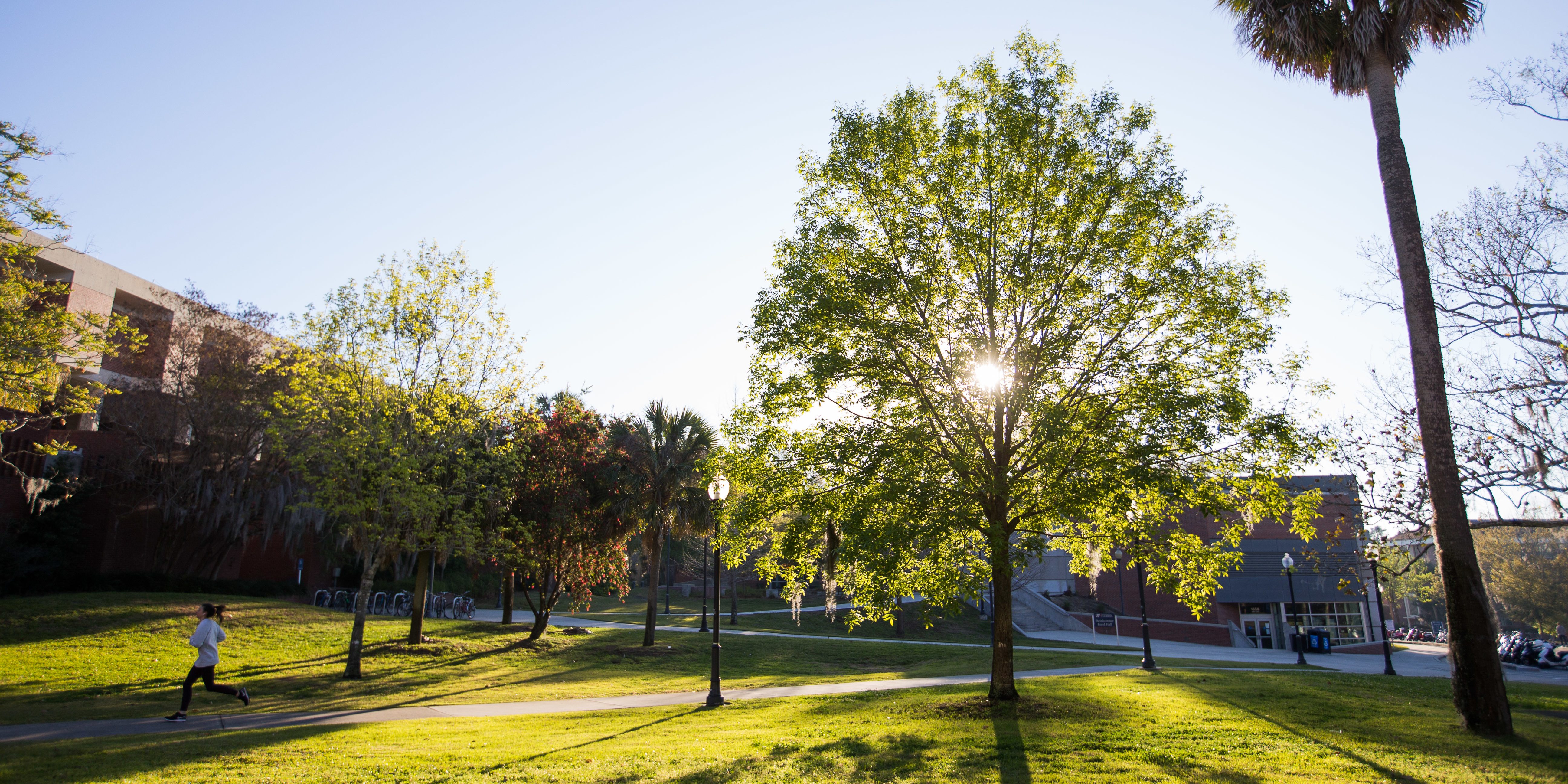- Homepage
- Get Involved
- Sustainable Event Guide
- Part 2: Planning & Promoting Your Event
Part 2: Planning & Promoting Your Event
Presenters
- Think local: Look for local experts to use as presenters who can highlight campus, city and county initiatives, and can relate local issues to the topics at hand.
- If you are bringing in presenters from a distance, determine whether they can book other engagements in the area. This will make the trip more productive and efficient and could allow for sharing of travel expenses.
- Communicate with your presenters about your event’s sustainability goals, and encourage presenters to utilize sustainable materials such as recycled paper or electronic presentations, and eco-friendly giveaways.
Promoting Your Event
- Go paperless: Try to utilize e‐communications as much as possible, whether by email, via an event website, or through social media, as well as existing news outlets, like newspapers or radio.
- Pursue alternatives: For unavoidable printing, try smaller-sized flyers or postcards, print double‐sided, and use recycled and/or FSC-certified paper, and soy inks. When mailing communications, print directly on the card or envelope to eliminate the resources used to create labels. Target Copy is a local business that uses recycled-content and FSC-certified paper and is a reliable sources for printing needs. There is a location north of campus on University Ave and south of campus on Archer Rd. http://target-copy.com/.
- Online confirmations: Have attendees register or RSVP online. This helps streamline the process, reduce paper waste, and cut costs.
- Eventbrite, E-vite, PunchBowl,Google Forms, Doodles, and Facebook events are just a few online resources for invitations, collecting RSVPs, and communicating about your event.
- Close the loop: On printed materials, include a reminder for the recipient to recycle the item after they’re done with it.
Social Sustainability Considerations
“Social Sustainability requires that the cohesion of society and its ability to work towards common goals be maintained. Individual needs, such as those for health and well-being, nutrition, shelter, education and cultural expression should be met.” (R. Gilbert, R. Stevenson, D. Girardet, H.,& Stren, R (1996). Making cities work: The role of local authorities in the urban environment. )
- If possible, gear your event towards the local community. Support local departments or organizations from UF and the Gainesville area.
- Raise awareness. Include panels or lectures about prominent social issues such as human trafficking or education inequality into your programming of the event to educate attendees. This can also be a great way to incorporate local non‐ profits or NGOs into your event.
- Find a way to give back. Support a local non‐profit or NGO by collecting monetary or other donations for them at your event. Examples would include allowing attendees to bring 5 canned goods to attend the event for free, or donating 10% of the money raised from the event to a local non‐profit. Additionally, you can promote local NGOs and non‐profits at your event by including information about how to donate time or money to the organization in your programming or emails to attendees.
- Consider taking food donations for the UF Field & Fork Pantry. Contact them at (352) 294-3601 or email at fieldandfork@ufl.edu. Learn more at about the pantry at http://fieldandfork.ufl.edu/the-pantry/
- Increase human capital. Offer sessions or panels that teach practical skills or provide resources to your attendees. This will increase their human capital and thus their quality of life. Examples would be LGBTQA Ally Workshops, Conflict‐ Resolution Workshops, or informational sessions about improving time management skills.
- Be inclusive. Reach out specifically to organizations that you think can benefit the most from your event but also publicize to the entire UF and Gainesville community so that anyone may improve their quality of life by attending your event.
Economic Sustainability Considerations
Economic sustainability “concerns the specification of a set of actions to be taken by present persons that will not diminish the prospects of future persons to enjoy levels of consumption, wealth, utility, or welfare comparable to those enjoyed by present persons” (Daniel Bromley, 2008).
- Conserve resources. Spend your money wisely:
- Reduce printing costs by choosing to promote electronically and by word of mouth instead.
- Invest in signage that can be reused for years to come by not putting dates on them. Another idea is to invest in a banner that only has your department or student organization name on it so that it can be used for many different events.
- Promote socio‐economic equity.
- Use a sliding scale for registration payments or offer “early bird” registration prices, scholarships, or student rates so that all people have an equal chance of being able to attend your event without worry of financial constraints.
- Support the local economy.
- Involve locally owned businesses as much as possible. Use local caterers, printing companies, composters, speakers, and staff to benefit the local economy.
- Look for creative ways to reduce costs: Try to only charge attendees a minimum amount for registration to cover the cost of the event or donate the excess profit to a local NGO or non‐profit. Apply for grants, Student Government money, or other funding options so that registration prices can be lowered or more money can go towards supporting the local economy.



